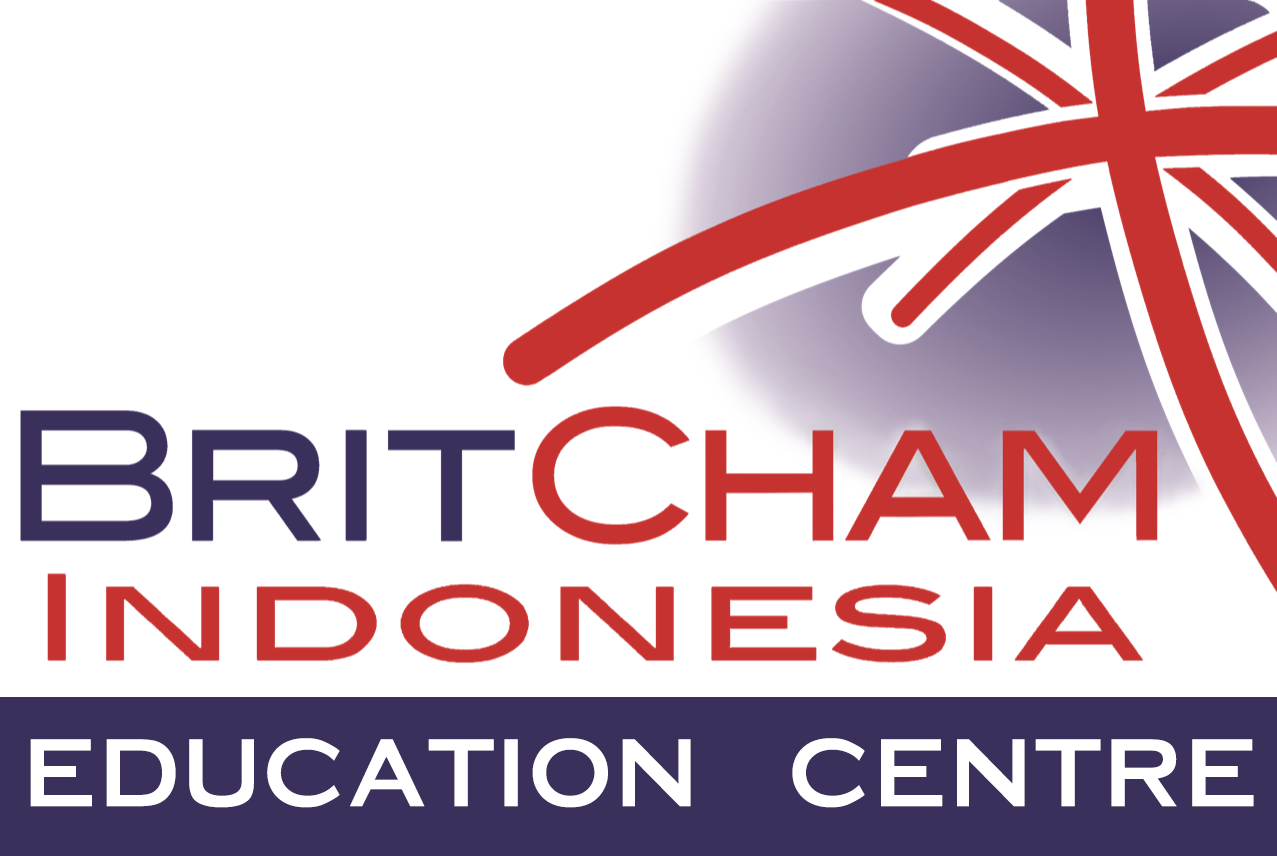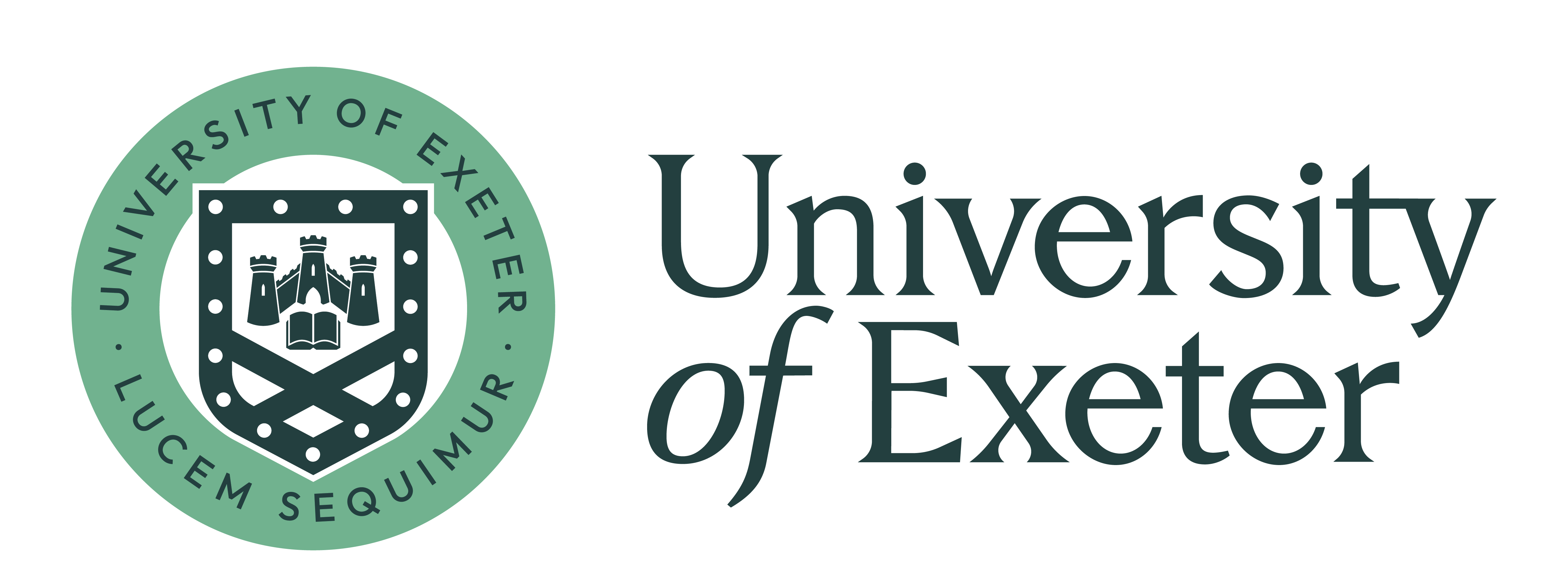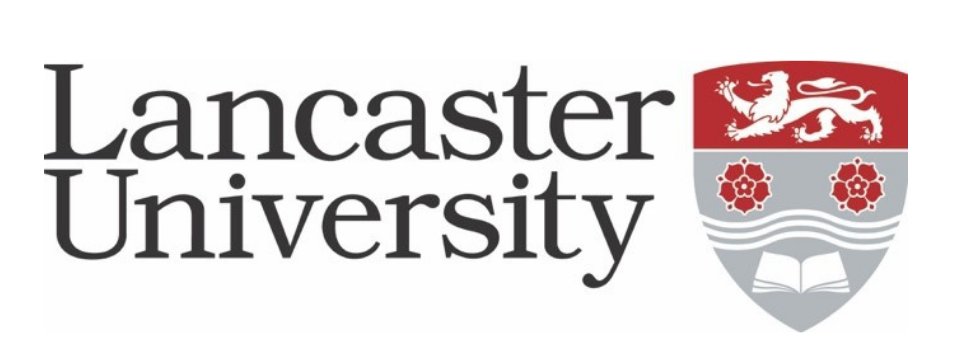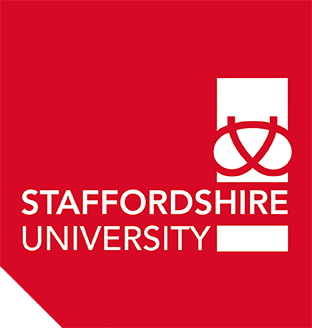
Solent University, Southampton is one of 30 English universities chosen to share an £8.1 million fund to invest in artificial intelligence (AI) and data science scholarships.
The funding from the Department for Science, Innovation and Technology (DSIT) and Office for Artificial Intelligence (OAI) is being awarded by the Office for Students (OfS) to support the delivery of AI and data science postgraduate conversion course scholarships to eligible underrepresented groups, in order to increase diversity.
Solent’s MSc Applied AI and Data Science course has been awarded £270k, which will fund 27 scholarships of £10k each for the academic year 2023-24 with further funding for 2024-25 subject to confirmation. Taught on campus, students can decide to study full or part-time, to help support those with other work or caring responsibilities.
Dr Shakeel Ahmad, Associate Professor of Computing at Solent University is leading the project, having previously been awarded £500,000 to launch the Post Graduate conversion course in AI and Data Science.
He says: “I am very pleased to see another successful bid from OfS, and I would like to thank the Solent staff and our industrial partners - IBM, Barter4Things, UHS-NHS, and Motion Robotics - for their continued support, and the University for providing an additional six scholarships on top of the 27 OfS scholarships this funding will provide.
“This is a great initiative from OfS and will help to increase the number and diversity of the skilled workforce in the AI and Data Science sector. The project will enable eligible underrepresented students from any academic background to join our inclusive and industry-informed MSc Applied AI and Data Science conversion course and start an exciting and rewarding career in this area.”
After a competitive selection process, the OfS is providing the £8.1m funding for up to 817 scholarships for the 2023-24 academic year, with further funding for 2024-25 subject to confirmation.
The scholarship eligibility criteria has also been widened to include students from lower socioeconomic backgrounds to provide further opportunities for students from this underrepresented group.
John Blake, Director for Fair Access and Participation at the OfS, says: “This funding provides opportunities for students underrepresented in these industries to achieve their career aspirations.
“Universities have responded to the various needs of these students, such as offering flexible learning for mature students and for those with caring responsibilities.
“Early evidence suggests students from the priority groups are successfully completing their courses and connecting with employers. We encourage more employers to get involved to nurture this talent and help train the digital workforce of tomorrow.”






























